If you struggle with drinking and alcohol consumption, then maybe it’s time you change your relationship with alcohol. There are three mistakes that drinkers make that keep them stuck in the same loop forever, and understanding those mistakes can help you break out of that vicious cycle.
KEY POINTS
- The question “Am I an alcoholic” can be alienating and gives the illusion of safety. It often keeps drinkers stuck in shame and blame.
- A solely behavior-focused approach fails to address the roots of a behavior and often keeps drinkers trapped in an internal tug-of-war.
- The limiting beliefs about life in sobriety keeps drinkers from creating a life that is filled with joy and fulfillment.
Most drinkers who start to question their relationships with alcohol will spend countless hours questioning whether they have a “drinking problem.” They often try to use willpower to white-knuckle their way into a new relationship with alcohol.
Many of them will, regrettably, come to the conclusion that they may have to settle for a life where they constantly feel deprived.
Often, drinkers have been stuck in the pain of shame and blame, the internal tug-of-war, and the feeling of missing out due to three mistakes. As an ex-drinker, I was trapped in shame and self-loathing for a long time due to these mistakes, and I do not wish the same for you.
Related: Does Substance Use Have A Purpose? How To Make Sense Of Your Addiction
The 3 Mistakes That Drinkers Make That Keep Them Stuck
The first mistake is asking the wrong question. The first thing most drinkers do when they start to question their relationship with alcohol is ask the painful question, “Am I an alcoholic?”
Many drinkers have, at some point, typed the question into Google and miserably clicked on link after link trying to find an answer that they are not sure whether they are ready to hear.
The second mistake is focusing on the wrong thing. After spending countless hours searching for the answer of whether they’re an alcoholic, most drinkers will play a little game that I like to call “making up new ways to not drink.”
Most drinkers, myself included, will spend months, even years, experimenting with different new rules to better control their relationships with alcohol. Regrettably, most of us find that all of our brilliant new strategies would eventually fail.
The third mistake is letting limiting beliefs hold us hostage. Most drinkers who have tried to quit and failed don’t believe, on some level, that it’s possible to have a different relationship with alcohol while still living the life they wish to live.
Some don’t see how one can be sober and happy at the same time. Others are convinced that alcohol, in one way or another, plays a crucial role in their life.
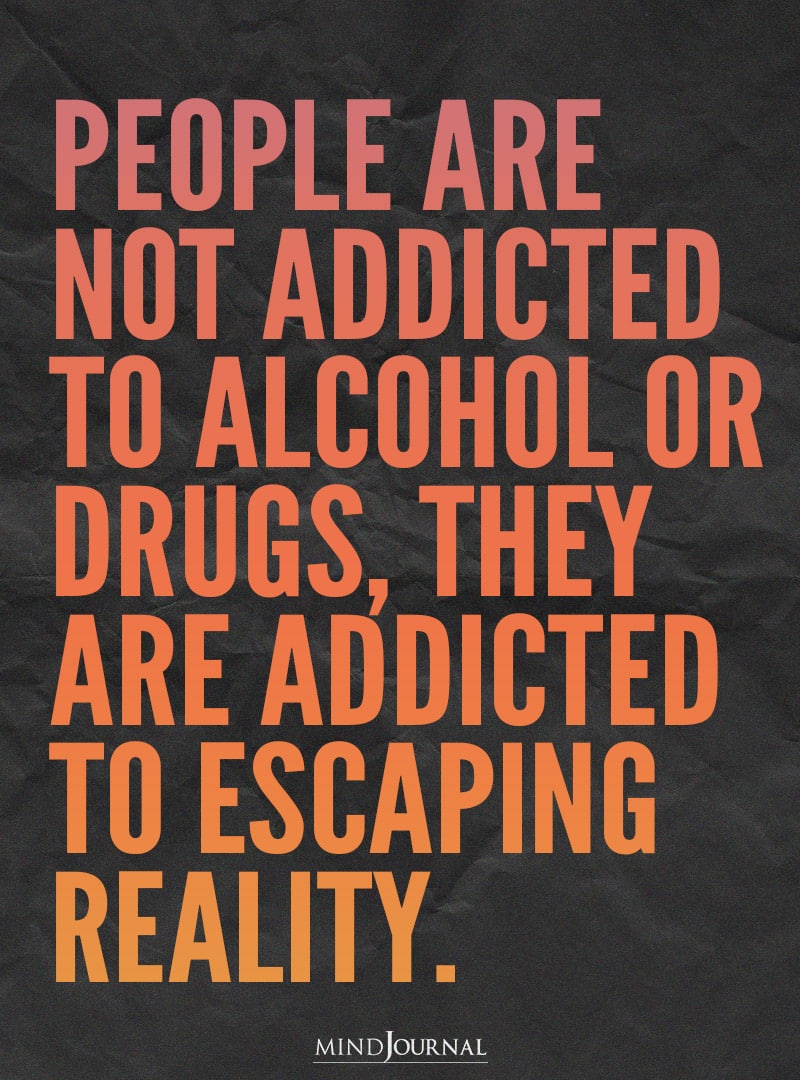
Why Do Drinkers Make These Mistakes
Drinkers make these mistakes for good reasons. In fact, even professionals often get caught up in these mistakes. We tend to fixate on whether someone has an “alcohol use disorder” because we are taught to separate drinkers into two categories: the normal drinker vs. the problematic drinker.
We tend to focus only on behavior (such as how much and how often someone is consuming alcohol) because behavior is the most obvious and visible factor. We tend to hold limiting beliefs about what life could entail without alcohol because we hear stories about how hard changing an addictive behavior could be.
We see the media portray recovery life in a monotone of dreadfulness and struggle. Then we personally experience how difficult letting go of alcohol is at first. So, drinkers make these mistakes for logical reasons. But the mistakes can be costly, nonetheless.
The Cost of Making These Mistakes
The question, “Am I an alcoholic” can not only alienate but also can give the illusion of safety. We choose to believe if one falls into the normal drinker category that they are somehow immune to developing a drinking issue.
In reality, all problem drinkers were once normal drinkers. On the other hand, if one falls into the problem drinker category, then, all of a sudden, they become the “others.” A group that cannot act safely around alcohol. Such an alienating question hinders drinkers’ ability to re-evaluate their relationship with alcohol with clear eyes.
A solely behavior-focused approach addresses only the effects without attending to the cause. Drinkers don’t drink just for the sake of consuming alcohol.
We drink because, deep down, we believe alcohol can provide us with what we need or want, such as relaxation, happiness, or acceptance by our peers.
Changing only behavior, without changing how one sees alcohol, means drinkers would have to continue fighting against their own needs on a regular basis.
The beliefs we hold can be either limiting or enabling. Belief has the power to shape our experience by determining how we interpret each event. It has the capacity to direct outcomes by deciding how resourceful we can be in pursuing our goals.
As long as a drinker believes a life without alcohol means only pain and misery, it can be nothing more than that.
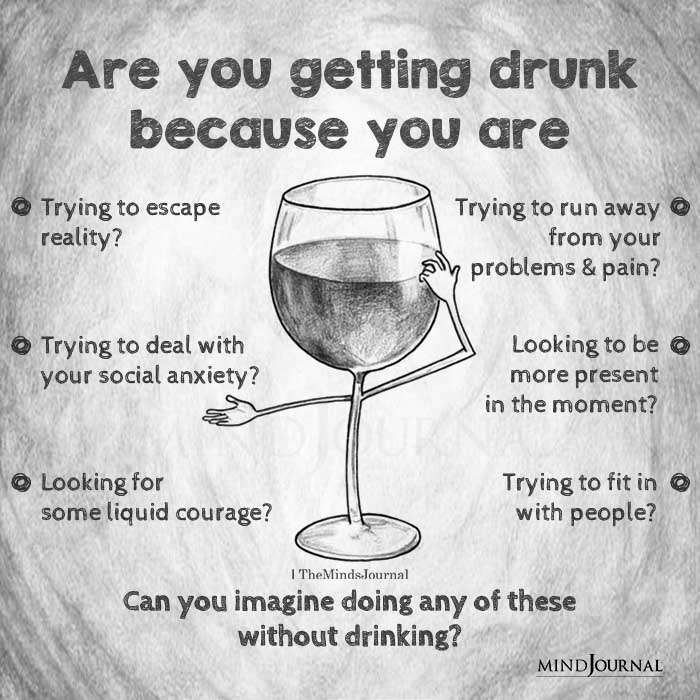
Sober Curiosity: Embracing a New Possibility
What would happen if we stop fixating on the question “Am I an alcoholic,” stop focusing solely on changing our behavior, and stop letting limiting beliefs hold us back?
In my practice, I show drinkers how to unlearn everything they learned about alcohol and embrace a new possibility with limited alcohol consumption. Starting today, I invite you to start to ask yourself a new question, the only real question that matters: “Will my life be better with less alcohol?”
Related: 20 Things People Realize When They Quit Drinking Alcohol
I encourage you to shift your focus and start to pay attention to your beliefs by asking, “What does alcohol do for me?” I urge you to let go of anything you were told and allow yourself to become curious about, “How can I enjoy my life more with less alcohol?”
Ready to drink less without living less, visit my website and grab your free 7-Day Sober Curiosity Toolkit. Check out Jeanette Hu’s blog for more such informative articles.
Written By Jeanette Hu
Originally Appeared On Psychology Today
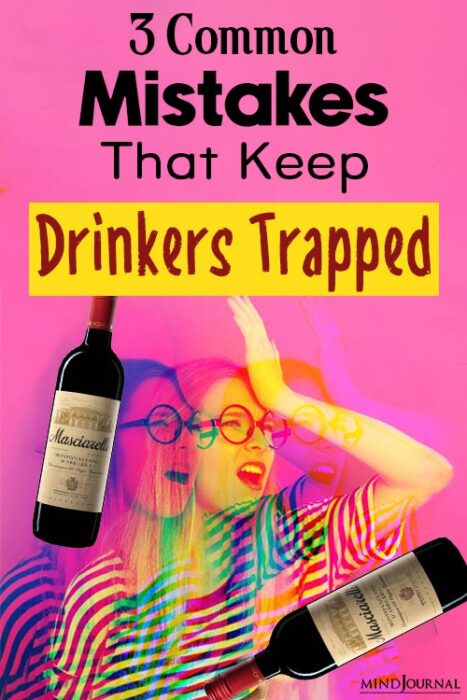
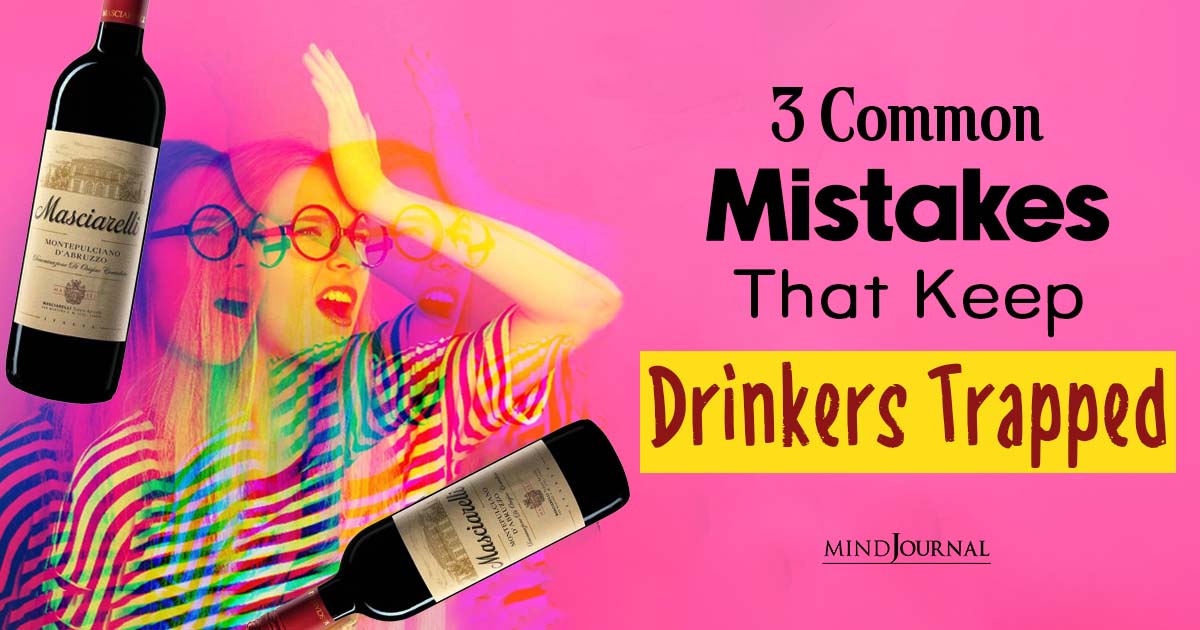
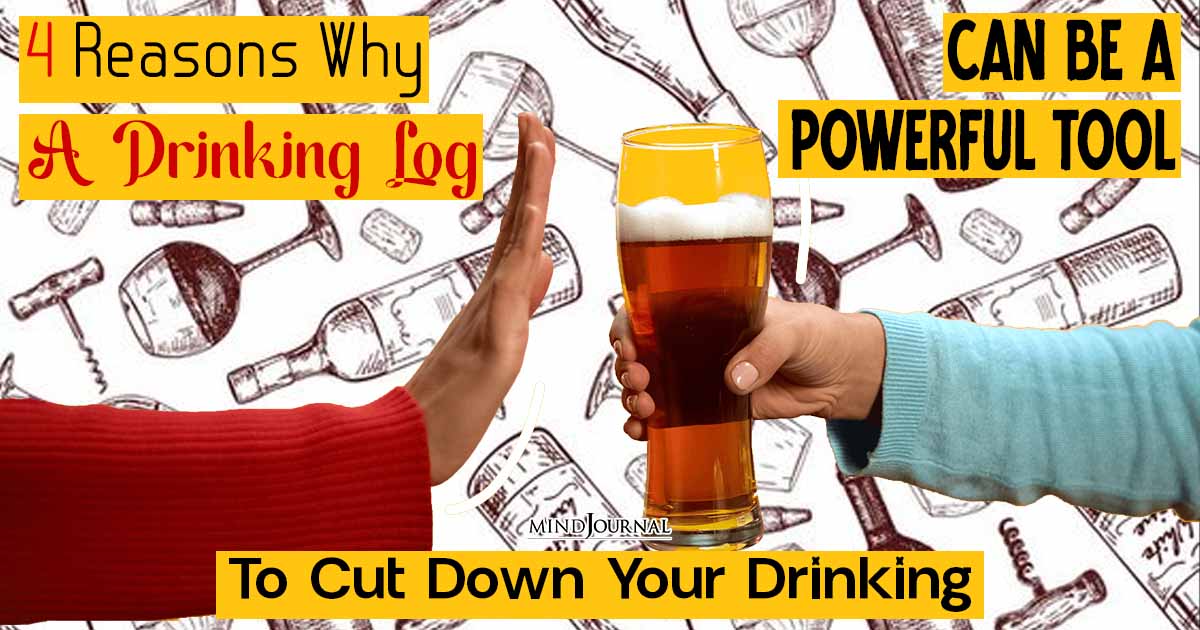
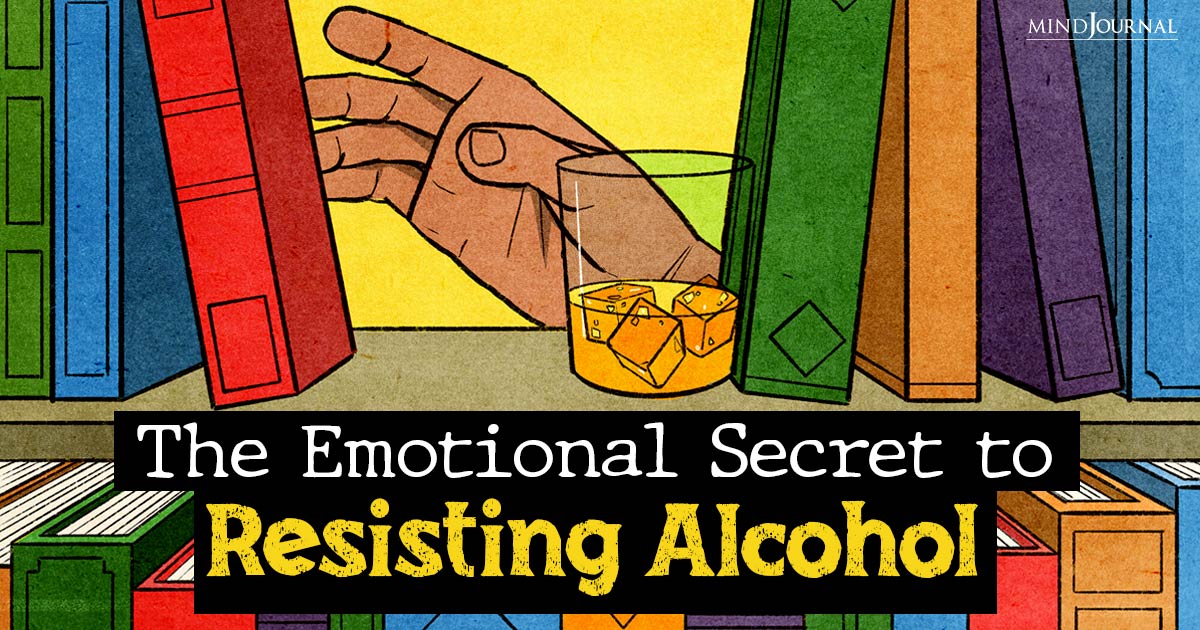
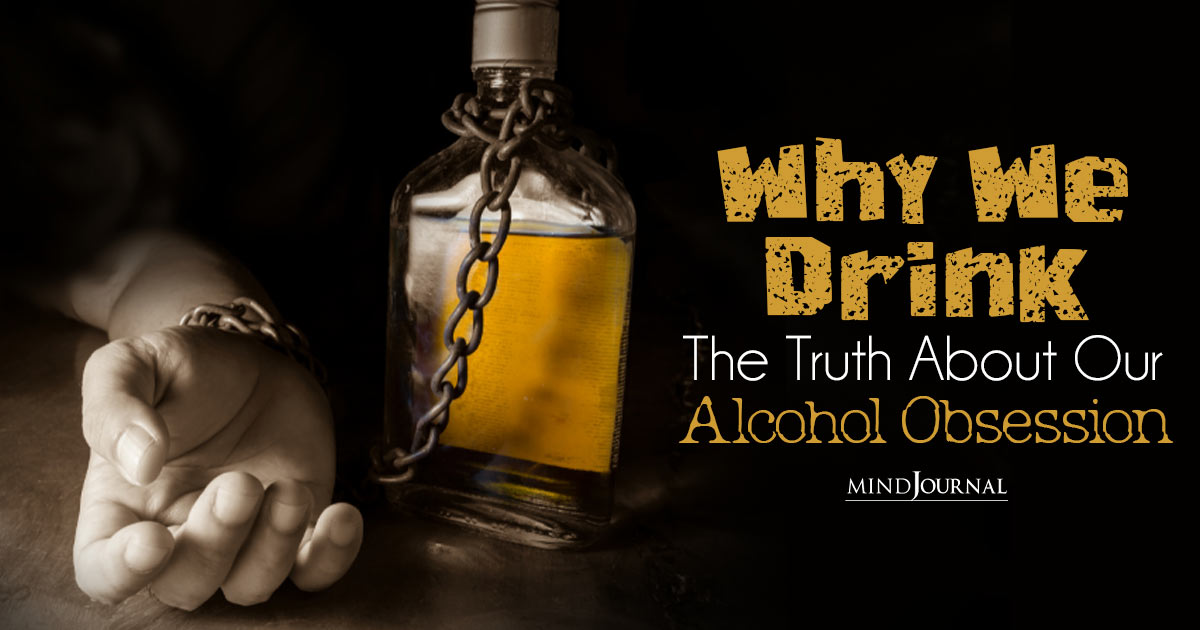
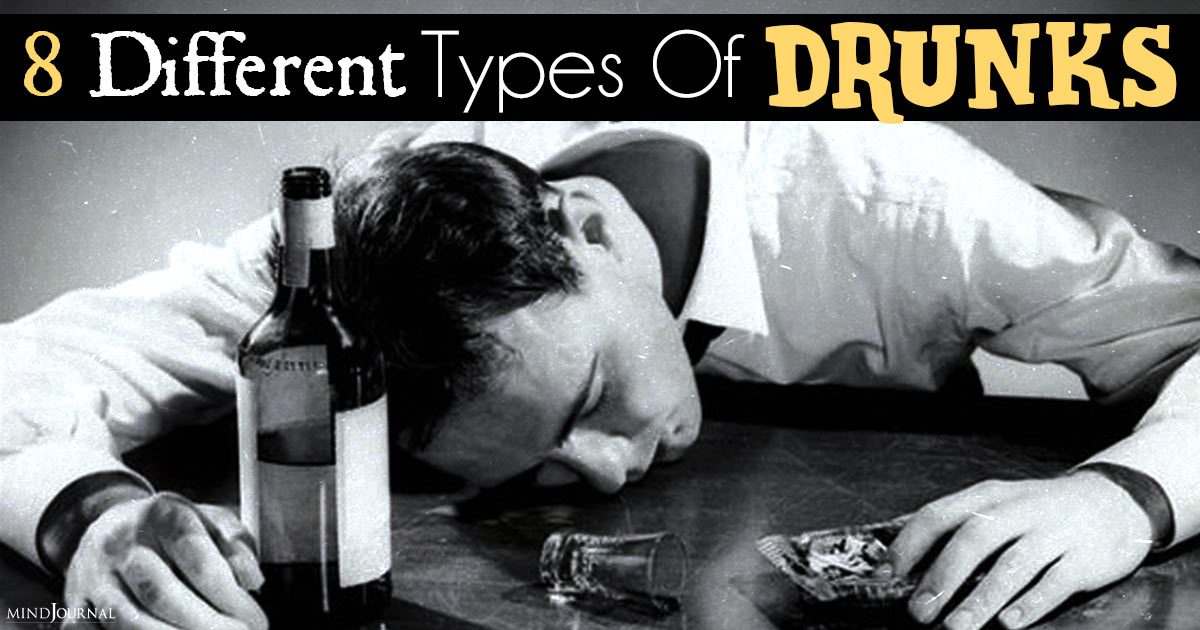
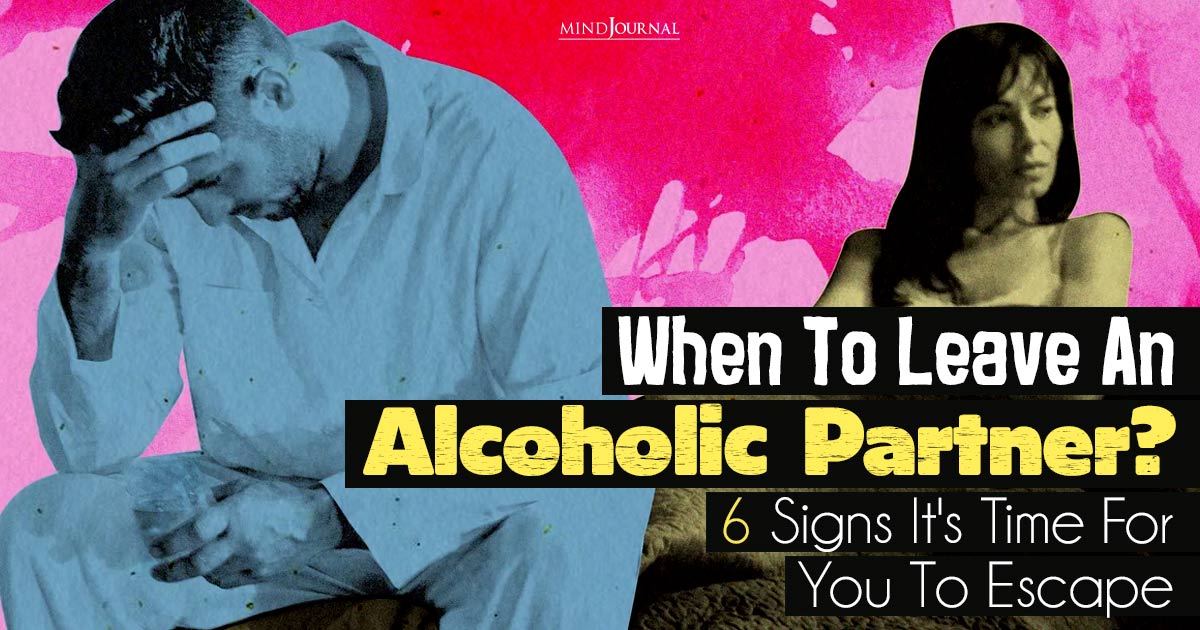

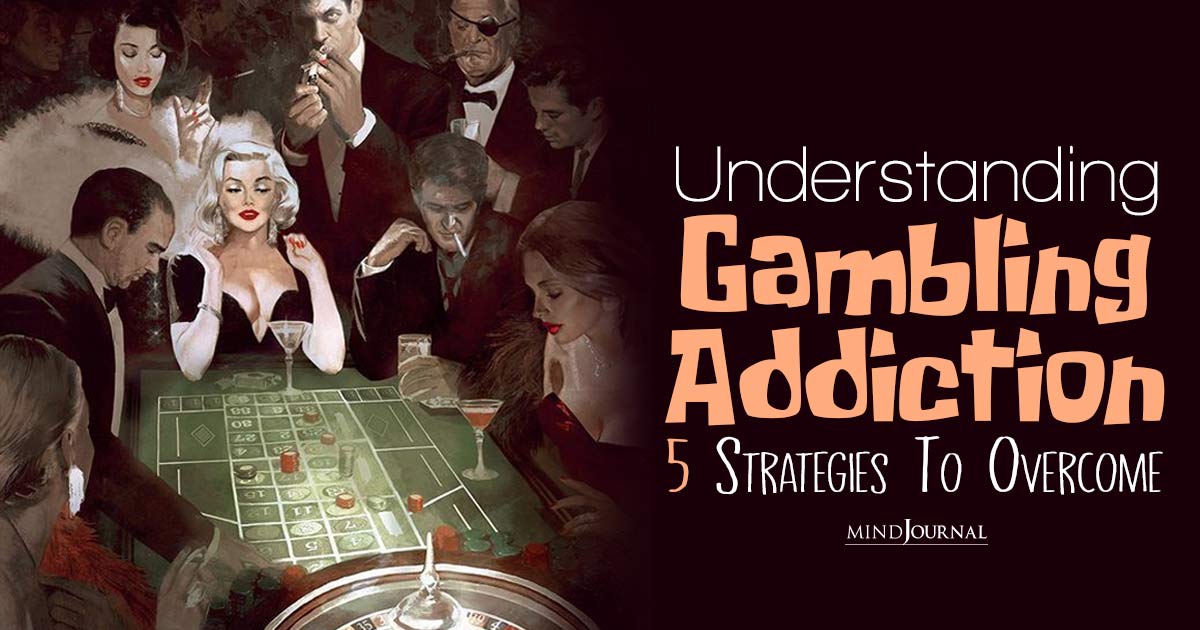
Leave a Reply
You must be logged in to post a comment.